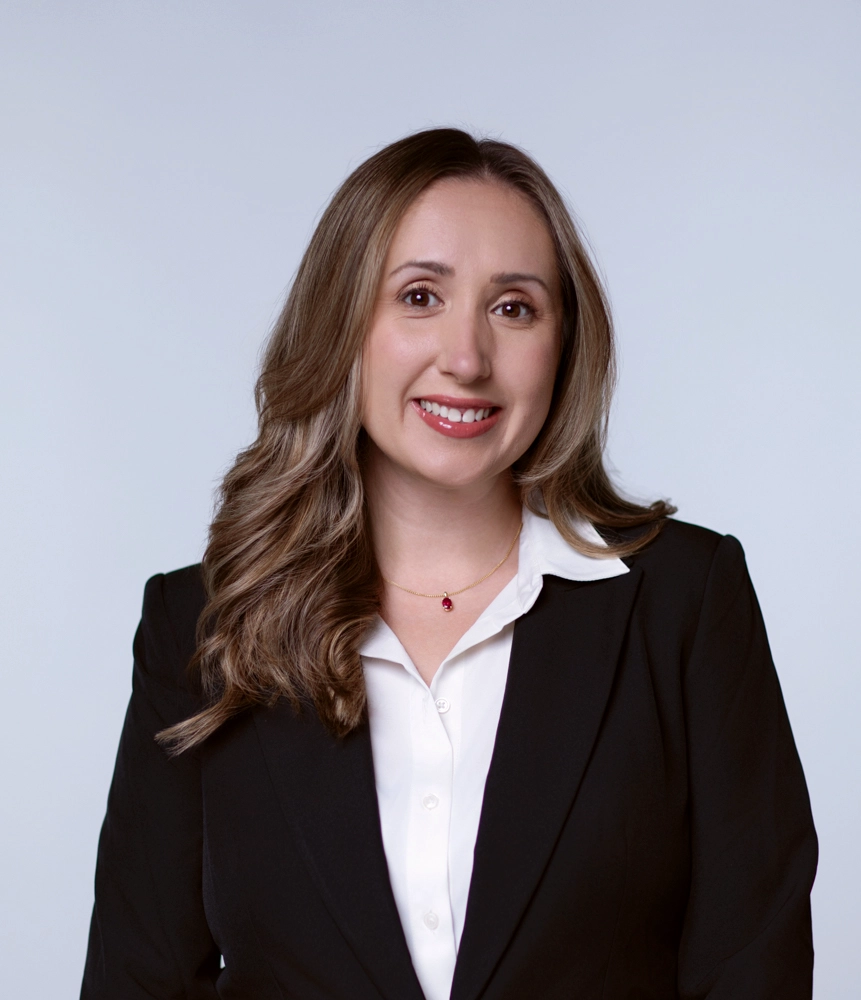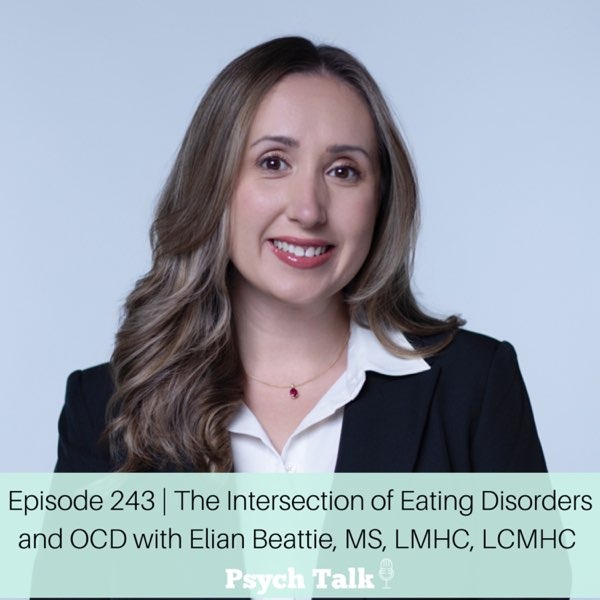
The Intersection of Eating Disorders and OCD with Elian Beattie, MS, LMHC, LCMHC
September 24, 2025
5 Ways to Help Your Teenager Recover from an Eating Disorder
October 30, 2025Finding the right therapist can feel overwhelming. With so many options available, you might wonder whether you’d benefit more from a generalist who sees a wide variety of concerns or a specialist with advanced training in a specific area. Understanding the difference can help you make the best decision for your care.

What’s the Difference Between a Generalist and a Specialist Therapist?
What a Generalist Can Help With
A generalist has broad training and can provide support for common concerns like stress, anxiety, depression, or life transitions. This can be a great fit if you’re looking for someone to help with everyday challenges, or if you’re not sure where to start.
When a Specialist Is the Better Choice
A specialist has advanced expertise in a particular area of mental health. For example:
- Someone struggling with anorexia will benefit from a clinician trained in the medical and emotional complexities of eating disorders.
- A client with OCD will make more progress with a therapist skilled in exposure and response prevention (ERP), since general talk therapy can sometimes worsen symptoms.
- A person working through substance abuse needs a provider who has guided many people through early sobriety and understands the challenges of recovery.
- Families blending after divorce often need a marriage and family therapist experienced with the dynamics of step-parenting and child adjustment.

When to Seek Out a Specialist
Persistent or Complex Diagnoses
If your struggles are ongoing or tied to a specific diagnosis, a specialist’s deep experience often leads to faster progress and more tailored care.
Life Stages and Specific Challenges
Certain life stages—such as perinatal mental health, adolescence, or chronic illness—benefit from a therapist who focuses specifically on that area.
Coordinated Care with Other Providers
Specialists can also collaborate with physicians, dietitians, or schools to ensure your care is comprehensive and connected.
Why the Right Fit Matters in Therapy
Tailored Expertise Speeds Up Progress
Specialized knowledge allows therapists to use approaches proven to work for your exact situation, helping you see results more quickly.
Avoiding Mismatched Approaches
In some cases, the wrong approach can slow progress or even make things worse (like OCD treated with unstructured talk therapy). The right fit ensures your therapist is using effective methods from the start.

Specialists and Generalists at Our Seacoast NH Practice
Our therapist is a team of specialists, each with specific areas of passion and dedicated training. We are proud to provide specialty services in the Seacoast NH area—including Portsmouth, Rye, Greenland, Exeter, Hampton, North Hampton, Stratham, Dover, Durham, New Castle, Newfields, Newmarket, and Seabrook. Any of our therapists can provide general support, but also recognize the importance of specialized training and areas of focus for those who need it.
Therapists Serving Portsmouth, Dover, Exeter, Rye, Hampton & More
Our team of ten clinicians covers a wide range of expertise: perinatal mental health, trauma recovery, substance abuse, family and marriage therapy, sports psychology, and more.
Matching You With the Right Provider
Because each of our therapists brings unique strengths, we’ll help match you with the person best suited to your needs.
Next Steps: Finding the Support You Need
Whether you’re starting with a generalist or seeking out a specialist for more complex concerns, the most important step is reaching out. If you’re in the Seacoast NH area and wondering which type of therapist might be right for you, we’re here to guide you toward the right fit and connect you with the support you need.
FAQ: Specialist vs. Generalist Therapy in Seacoast NH
A generalist therapist supports a wide range of concerns like stress, anxiety, depression, relationship challenges, and life transitions. A specialist therapist has advanced training and focused experience in a specific area (such as OCD/ERP therapy, eating disorders, trauma, substance use, or perinatal mental health) and typically uses proven methods designed for that concern.
Often, yes. If you have a clear diagnosis—or symptoms that feel persistent or intense—a specialist can offer more targeted treatment. For example, OCD often responds best to ERP (Exposure and Response Prevention), and eating disorders benefit from clinicians trained in both emotional and medical complexity.
Usually, yes. Many specialists can provide general support while also bringing deep expertise when specific issues show up. If you’re dealing with everyday stress plus something more complex (like trauma history or postpartum anxiety), a specialist can address both.




